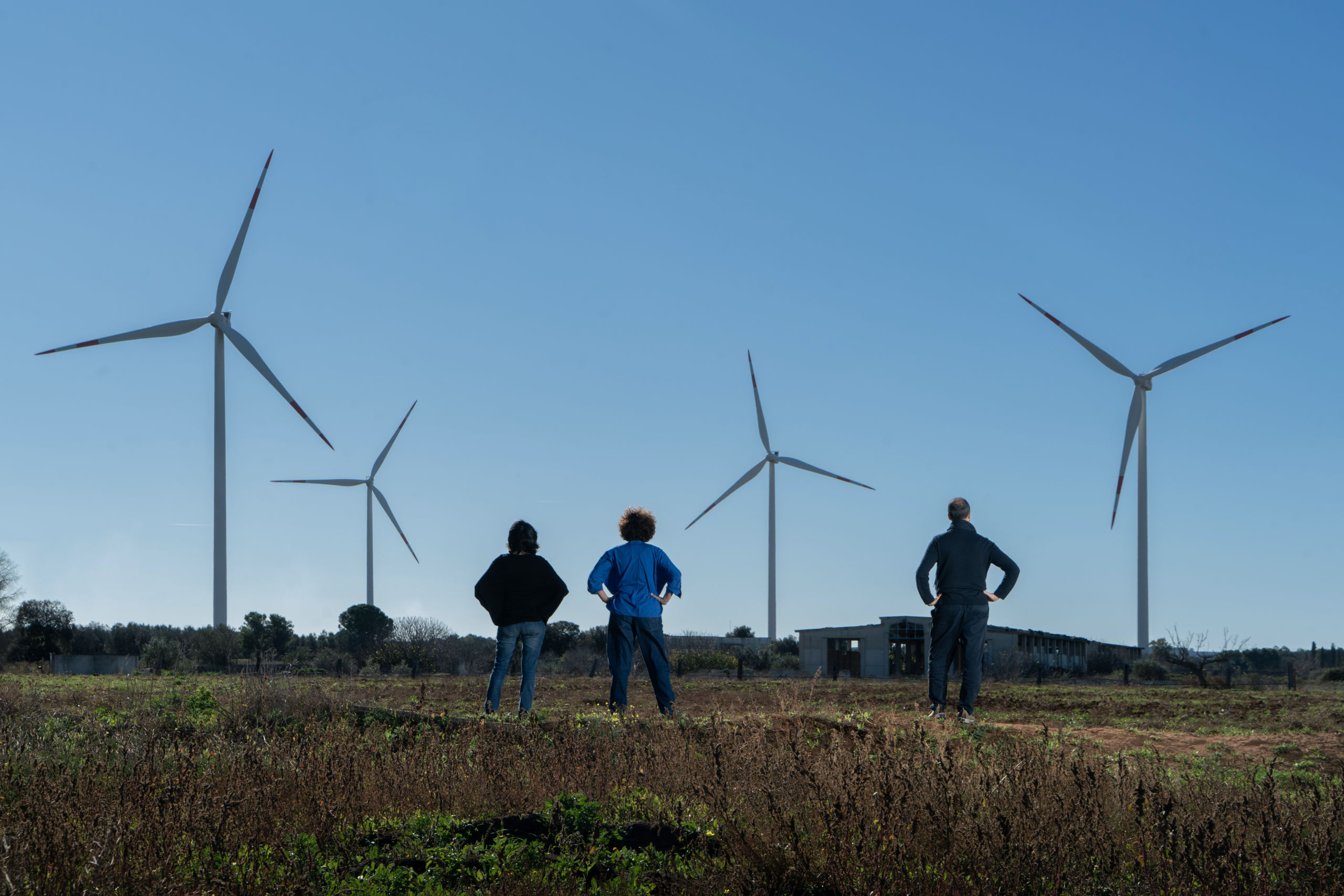Business organisations we work with, such as the Cambridge Institute for Sustainability Leadership and the Spanish Green Growth Group, are at the forefront of this work. In France, we’ve also supported the launch of a new coalition of 16 progressive business networks under the coordination of the Mouvement Impact France with the goal to ensure the voices of entrepreneurs committed to the environmental and social transition are heard during the campaign. Many of Europe’s leading industries have also been championing this cause – for example, through the Antwerp Declaration.
In the past months, we’ve also worked with our network to support widespread, in-country polling to ensure we have robust data and audience insights to deepen understanding of how climate change, and policies to address it, are truly understood by voters, and how they are likely to feature during the campaign. For instance, our partner More in Common has led workshops for partners in countries including France, Germany, Spain, and Poland to share insights and polling data, and to inform messaging choices. This allows our network to focus its attention on the right communications battlegrounds and offer voters the information they need to make an informed decision.



